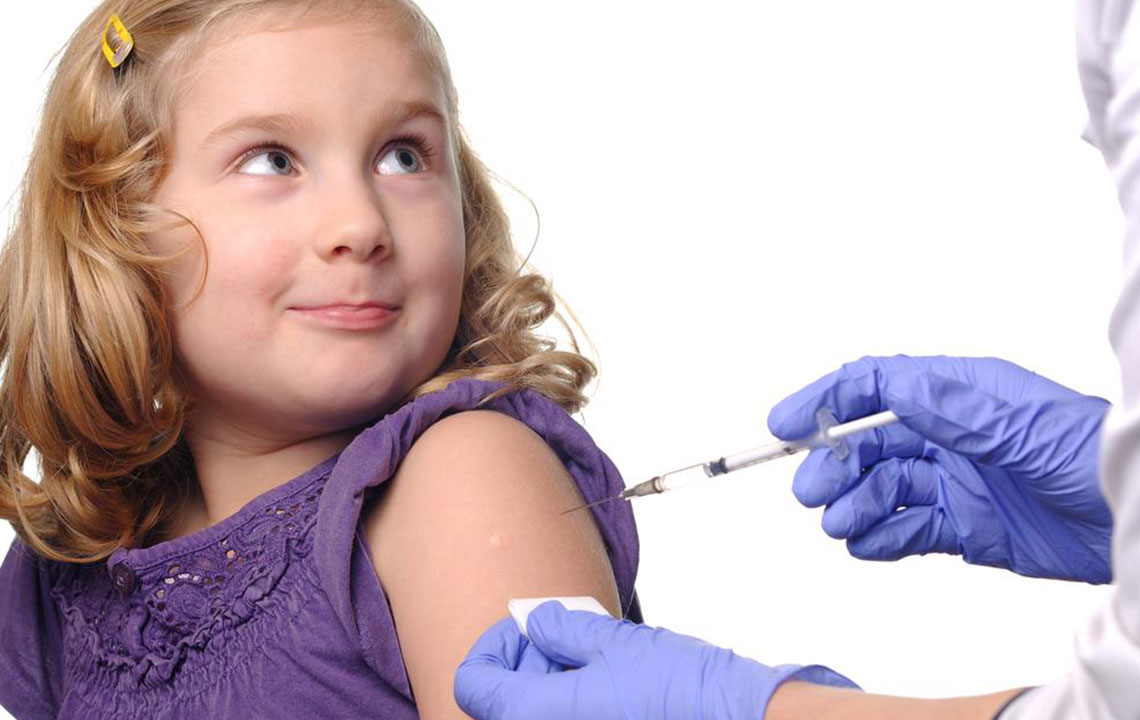A Comprehensive Guide to Immunizations and Their Importance
This article offers an in-depth look at vaccinations, highlighting their role in disease prevention, the vaccination process, and public health strategies. It emphasizes the importance of compliance for children and adults, introducing government initiatives and the impact on disease reduction. Learn why immunizations are vital for individual and community health, ensuring safety through organized vaccination schedules and community efforts.

Understanding Vaccinations and Their Role in Public Health
Vaccinations are crucial in protecting lives and strengthening immune defenses. Their demand remains high, especially since influenza strains change frequently, requiring annual updates to vaccines. The vaccination process involves several stages—discovery, development, manufacturing, regulation, and distribution—aligned with federal guidelines. In the U.S., vaccination is mandatory; cases of neglect are reported to Child Protective Services. Vaccinations are also required for military enlistment and immigration, following CDC standards to prevent disease spread.
Students must present up-to-date immunization records for school attendance. Public health initiatives focus on eliminating outbreaks of diseases such as pertussis, tetanus, polio, and diphtheria through vaccination drives. The government offers free vaccines to those who cannot afford them, with budgets allocated annually by the CDC. The vaccination schedule, guided by healthcare professionals, begins at birth and is vital despite costs, resulting in significant reductions in disease-related illness and death.
To improve vaccine compliance, the CDC promotes community-driven vaccination campaigns and enhances service accessibility. The success of these efforts has led to a drastic decline in many infectious diseases, emphasizing the importance of adherence to vaccination schedules for children’s safety and well-being.
Disclaimer:
The information provided regarding symptoms, treatments, health conditions, and side effects is for educational purposes only. It should not replace professional medical advice. Always consult licensed healthcare providers for diagnosis and treatment decisions.










